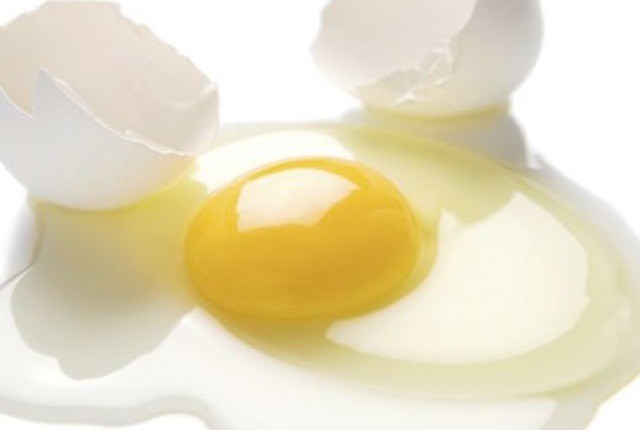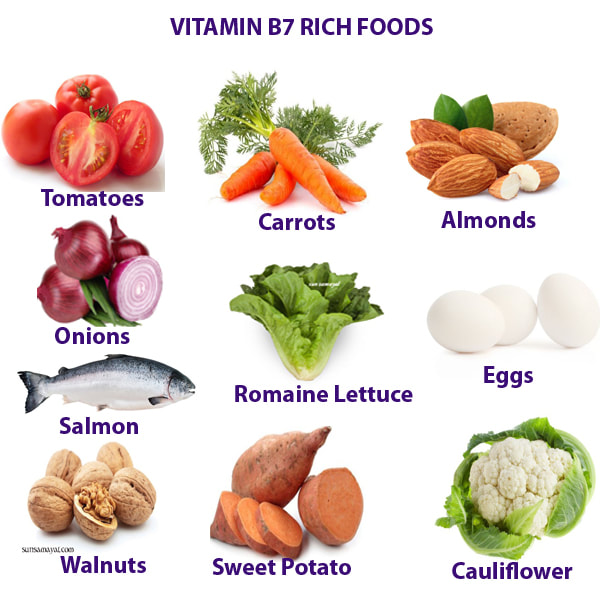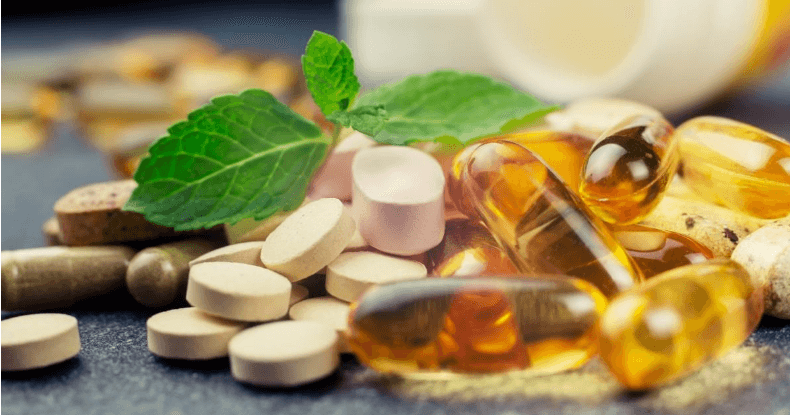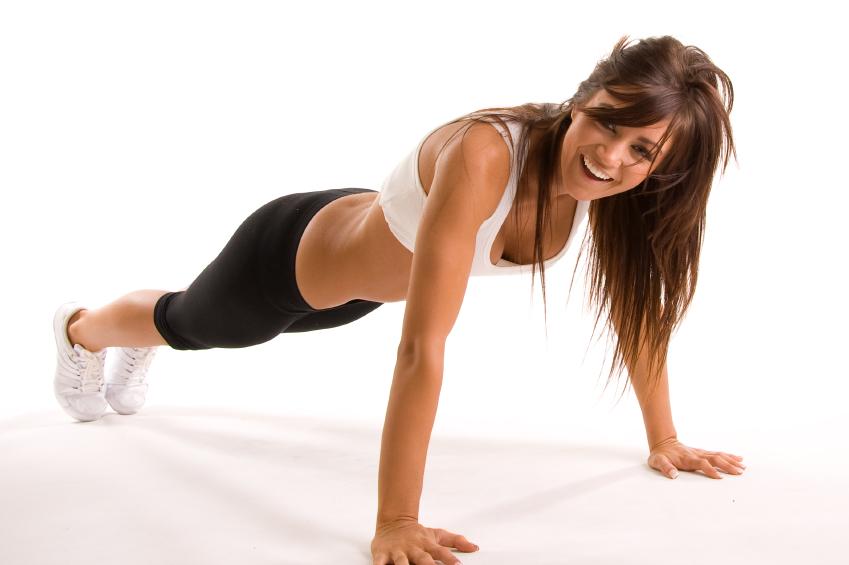|
Biotin is a water-soluble vitamin that’s a part of the vitamin B family. It’s also known as vitamin H. Your body needs biotin to help convert certain nutrients into energy. It also plays an important role in the health of your hair, skin, and nails. If you aren’t getting enough biotin, you may experience hair loss or a scaly red rash. However, a deficiency is rare. In most cases, the biotin you get from your diet is enough for you to reap the health benefits it offers. Still, many people are increasing their intake in hopes of additional benefits. Keep reading to find out how to add biotin to your diet, what to look for in a biotin supplement, possible side effects, and more. What the research says about biotin and hair growth Keratin is a basic protein that makes up your hair, skin, and nails. It’s clear that biotin improves your body’s keratin infrastructure. But beyond that, researchers aren’t really sure what biotin’s role in hair or skincare is. Research on the effects of biotin on hair growth is sparse. To date, there’s only limited evidence to suggest that increased biotin intake may help promote hair growth. For example, in one 2015 study, women with thinning hair were given an oral marine protein supplement (MPS) containing biotin or a placebo pill twice per day for 90 days. At the beginning and end of the study, digital images were taken of the affected areas on the scalp. Each participant’s hair was also washed and any shed hairs were counted. The researcher found that women who took an MPS experienced a significant amount of hair growth in the areas affected by hair loss. They also had less shedding. A 2012 study by the same researcher produced similar results. Participants perceived improvement in hair growth and quality after 90 and 180 days. Daily recommended intake Biotin deficiency is rare, so the U. S. Food and Drug Administration doesn’t offer a recommended dietary allowance (RDA). RDAs can vary based on a person’s age, sex, and overall health. Instead, experts recommended the following dosage guidelines. Anyone aged 10 or older should get between 30 and 100 mcg per day. Infants and children should get:
Talk with your doctor about the right daily intake for you. They can provide guidance on how to safely increase your dosage to provide the maximum benefits. You can fulfill your recommended biotin allowance through your diet or by taking a biotin supplement. Biotin-rich foods Biotin-rich foods to eat You’re probably already getting the daily recommended amount of biotin from the food you eat. But if you’d like to increase your intake, you can add more biotin-rich foods into your diet. These include:
Biotin supplements If you don’t think you’re getting enough biotin from your diet, or if you’re just looking to up your dosage, supplements may be an option. Biotin supplements are available over the counter in capsule or tablet form. Although dietary supplements are regulated by the U. S. Food and Drug Administration, it’s important to read the packaging carefully and only purchase from a supplier you trust. Most people can take biotin supplements without any adverse effects, but minor side effects are possible. These include:
Other benefits of biotin Although more research is needed to assess its effects on hair growth, biotin does have several proven benefits. For example, biotin is one of several B vitamins that supports a healthy metabolism. Biotin converts glucose from carbohydrates into energy for the body and aids amino acids in carrying out normal bodily functions. Biotin is also thought to:
Risks and warnings Adding more biotin-rich foods to your diet doesn’t carry any risks. However, you should always check with your doctor before adding a new supplement to your routine. Biotin doesn’t have any known interactions, but your doctor should still confirm supplement use alongside any other medications you may be taking. Your doctor can also provide more individual information about dosage and potential side effects. Biotin is a water-soluble vitamin, so any extra biotin in your body will flush out through your urine. This makes a potential overdose unlikely. If you develop an unusual or unexpected skin rash after increasing your biotin intake, see your doctor. In rare cases, this is a sign of biotin overdose. Your doctor will check for the following to confirm an overdose:
How long until you see results? Most people won’t see any noticeable benefits until they’ve increased their intake for several months. For best results, you should be consistent in your intake. If you’re increasing your intake through food, you’ll need to eat several biotin-rich foods on a daily basis to actually ingest enough biotin to make a difference. If you’re taking a supplement, it’s important that you take it daily or as directed by your doctor. Although research is limited, studies from 2012 and 2015 suggest that results may be seen in as little as 90 days. This includes an increase in growth and shine. It’s thought that the longer you consume a higher dose, the better your results will be. The bottom line
If you’re experiencing hair thinning or hair loss, biotin may assist in regrowth. There’s some research to suggest that increased biotin intake can improve overall hair quality, including thickness and shine. You may already be getting the biotin you need through your diet, so talk with your doctor about the best option for you. They may recommend certain dietary changes or a biotin supplement. Be sure to follow any dosage guidelines that they provide. If you begin having any unusual symptoms while taking a biotin supplement, discontinue use and see your doctor. Is that morning coffee or that second (or third, or fourth) afternoon coffee playing a role in your hair loss? The answer may surprise you. Ah, coffee: the go-to energy source for pretty much anyone needing a morning jolt on the way into work. Whether you’re a purist who prefers their Folgers in their cup, or pledge allegiance the all mighty green siren of the coffee juggernaut Starbucks, or even if you’re into the third wave coffee moment made possible by hipster baristas with tattoos and deep v-necks, carefully concocting craft coffees like little chemists, one thing is certain: we can all agree that most of us are coffee lovers. Like many of our innocent indulgences (or in coffee’s case, crack-cocaine level addiction), we have to ask questions what the long term effect will be. Will too much sugar wreck havoc on your body? Will too much television turn my mind to mush? Will cheering for Chelsea make you a racist? For a long time the only answer to these questions was ‘time will tell.’ But specifically how does these things play a role in hair loss. We covered what role smoking plays in accelerating hair loss.
But what’s the story with coffee and caffeine? Unlike smoking, caffeine actually is good for hair growth. According the Internal Journal of Dermatology, caffeine is a “stimulator of human hair growth.” In an experiment, two doctors took biopsies of the scalps of 14 test subjects (men who were in the early stages of hair loss) and then exposed their hair follicles to different solutions with various levels caffeine. After 8 days, the hairs exposed to the caffeine solutions showed signs of growth. For the hair follicles that were exposed of solutions of only caffeine, those hairs grew the fastest. How does this work? In an article published in the International Journal of Trichology (a google search for the word ‘trichology’ says that it is a branch of dermatology that specializes in the study of the hair and scalp) back in the July-Sept. 2012 issue, states, “…newer advances have shown caffeine to have beneficial effects in patients suffering from [Androgenetic alopecia] AGA. The proposed mechanism which would counteract DHT-induced miniaturization of the hair follicle include inhibition of phosphodiesterase by caffeine, which increases cAMP levels in cells, therefore promotes proliferation by stimulating cell metabolism.” So make it double shot next time, right? Not so fast. The study hair follicle study mentioned earlier concluded that in order see significant growth, a person would need to drink approximately 60 cups a day (or 6000mg of caffeine) to stimulate significant hair growth. Unfortunately, drinking that much coffee could possibly stop your heart. However, as the International Journal of Trichology concludes “the beneficial effects of topical application of caffeine in AGA can thus be attributed to inhibition of phosphodiesterase, improvement in barrier function, follicular penetration, stimulation and promotion of hair growth.” (emphasis mine, not original author). Topical application. Caffeine can actually be absorbed quick quickly and effectively through the skin. That’s how products like Alpecin Coffein Shampoo claim to work so well with stimulating hair growth. The caffeine in the shampoo will work it’s way to he root of the hair follicle, thus stimulating the root and giving it the energy needed to grow. It would appear that coffees energy boosting benefits go beyond the bottom of one’s cup. Exercise & Hair Loss |
AuthorBy Masaakii Archives
May 2024
Categories
All
|






 RSS Feed
RSS Feed